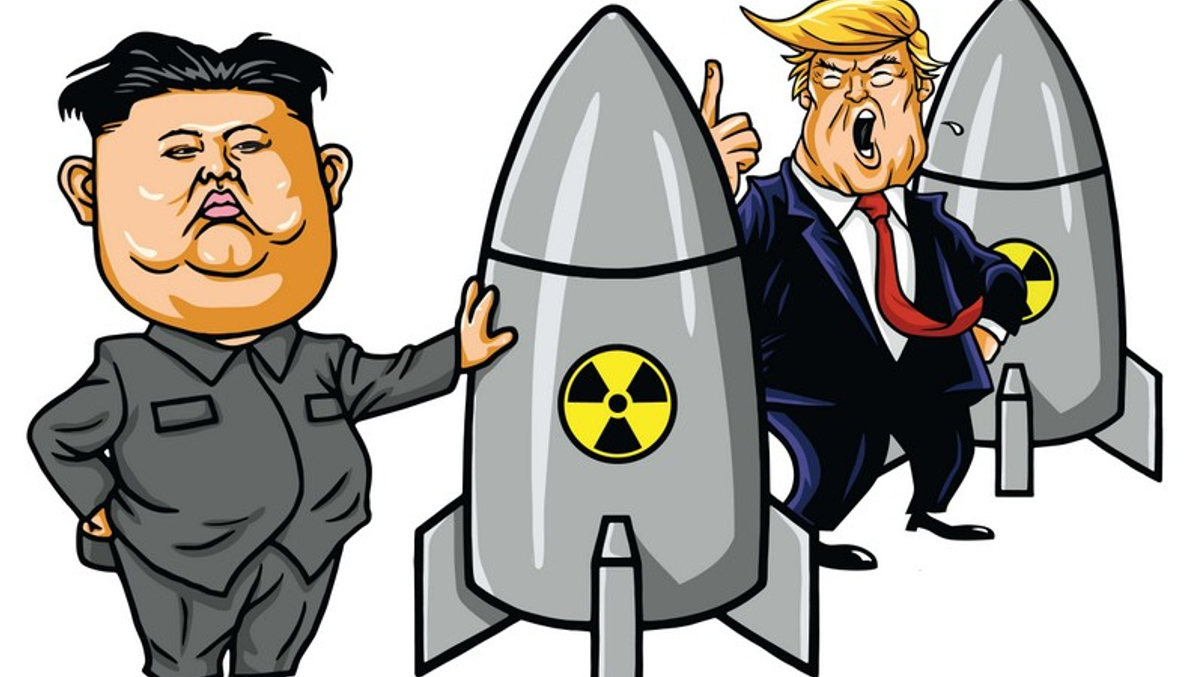Investors voice fears over Kim-Trump standoff
Some fund managers worry that a war between the US and North Korea is increasingly likely. But Beijing is expected to prevent such a catastrophe.

Tensions between the US and North Korea have risen to an unprecedented level this week, prompting some commentators to suggest that nuclear war could well be on the cards. Experienced investors have also voiced such fears to AsianInvestor, although the markets’ reaction has been fairly muted so far. But concerns are undoubtedly growing amid the rapid escalation in rhetoric.
Sign in to read on!
Registered users get 2 free articles in 30 days.
Subscribers have full unlimited access to AsianInvestor
Not signed up? New users get 2 free articles per month, plus a 7-day unlimited free trial.
¬ Haymarket Media Limited. All rights reserved.


